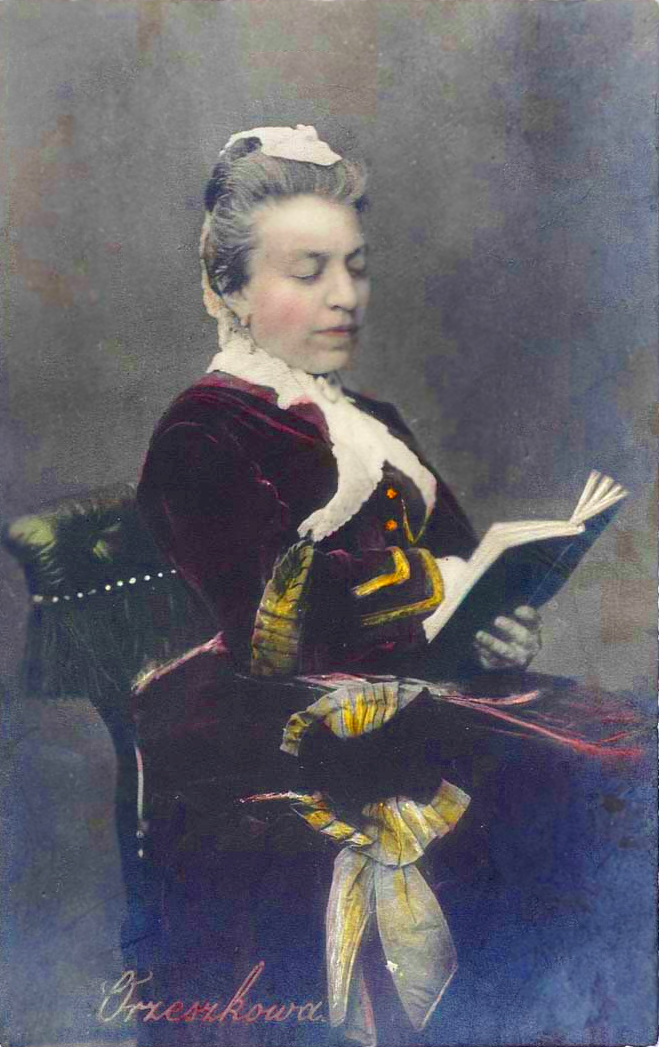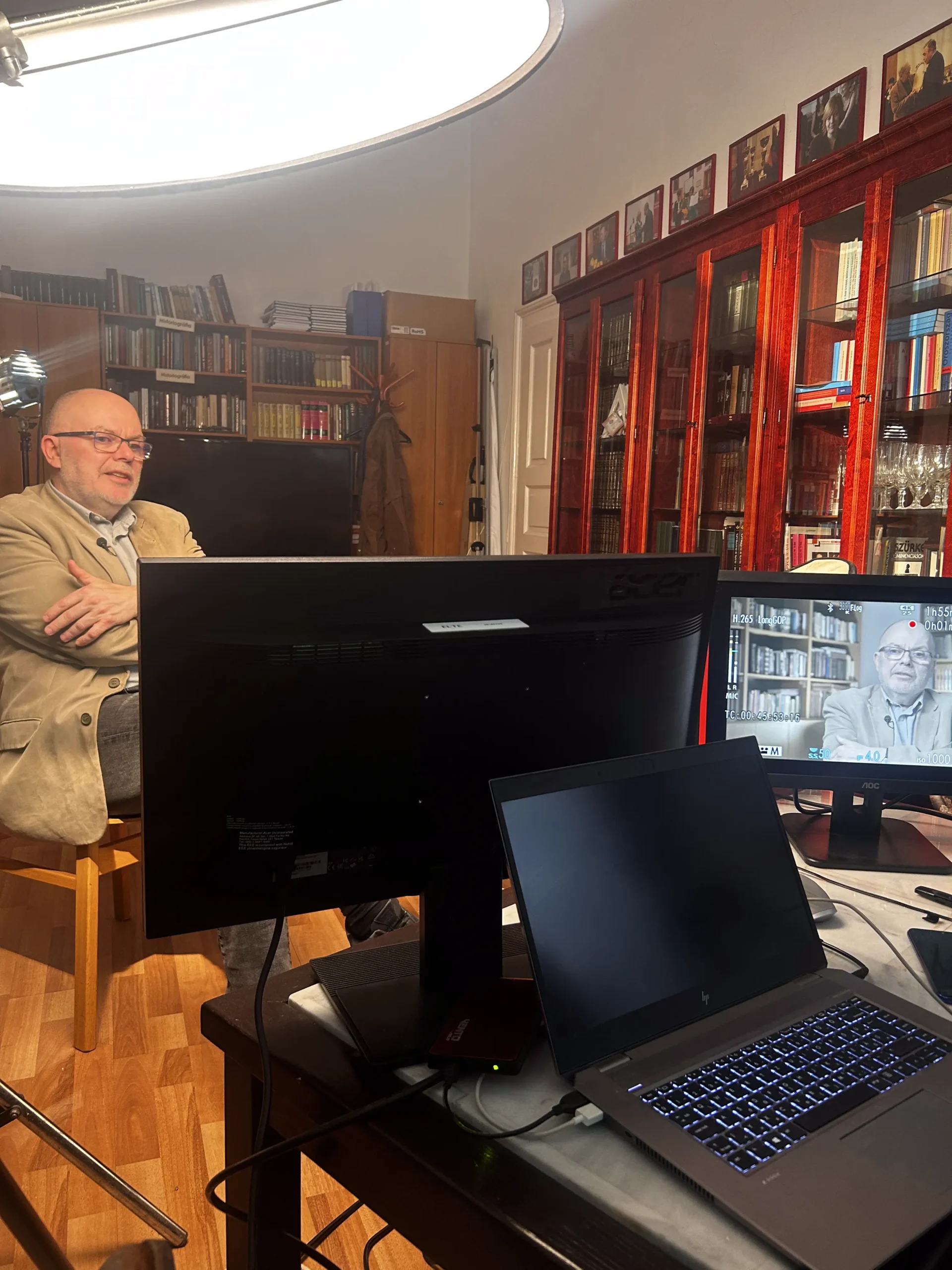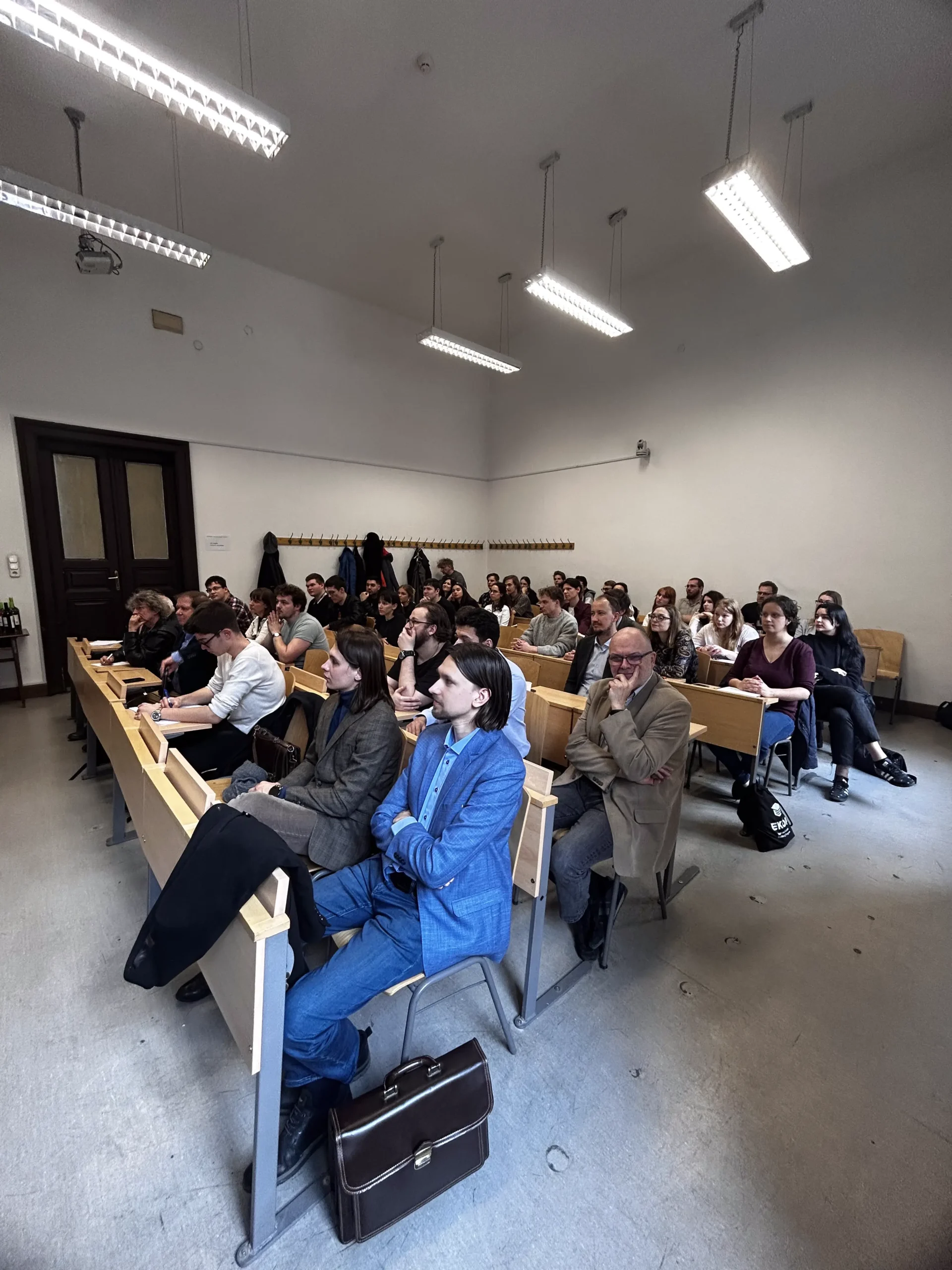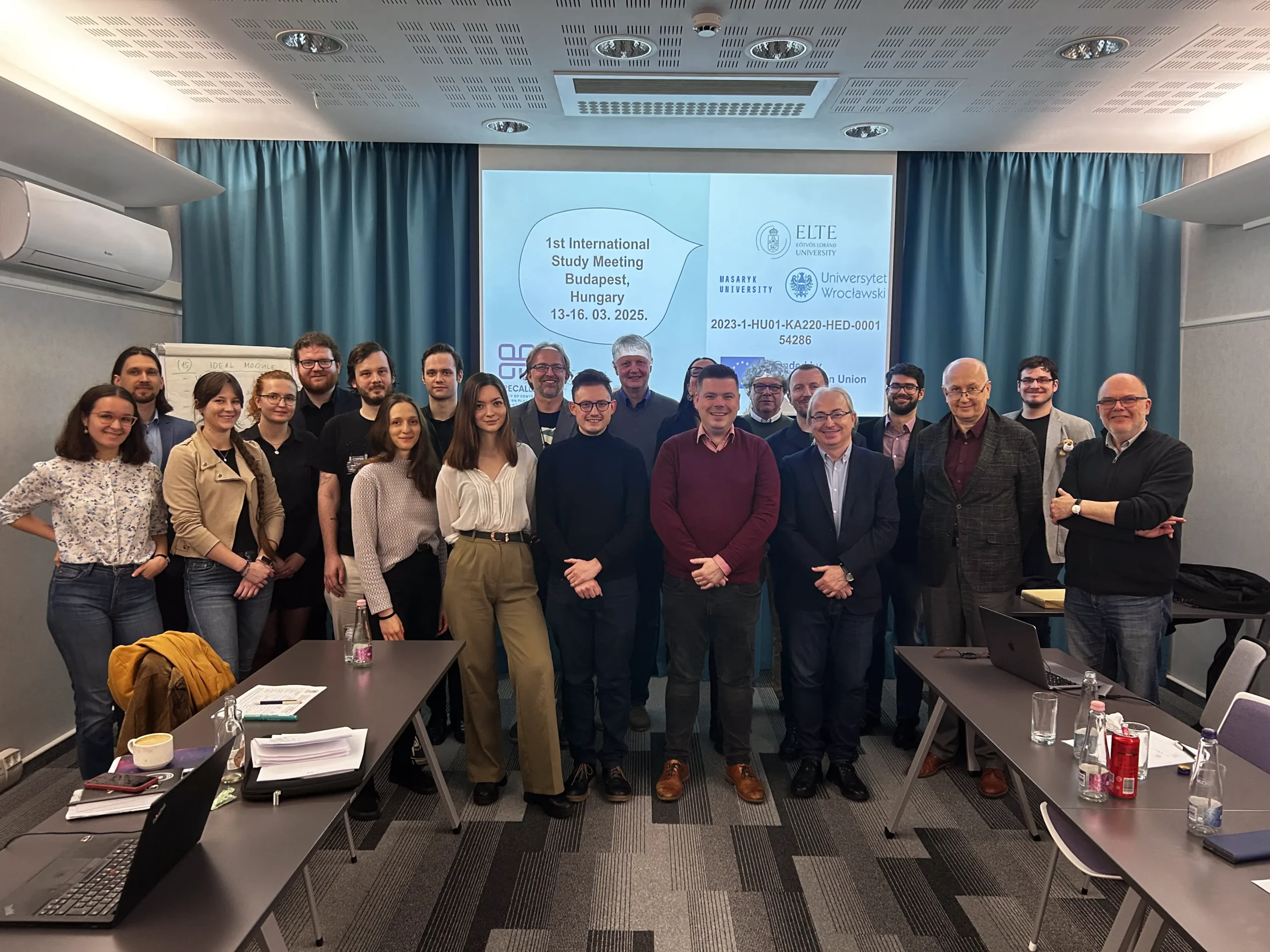Siłaczki („Strong women”) – the role of women in positivist grassroots work – Grodno
Fact of the Polish figure „Polon and Rad – Maria Skłodowska-Curie”
Part of the „The emancipation of women” topic
Women played a key role in the implementation of the idea of grassroots work during the Positivist period in Poland, which emerged after the defeat of the January Uprising. It was a social concept aimed at raising the living standards of the poorest sections of society through education, work and economic development. Women, despite their limited rights, became active participants in this process, particularly in the spheres of education, health care and social activities.
Female teachers, writers and social activists were involved in the education of children and young people, especially in rural areas where illiteracy was widespread. Their work involved organising schools, courses for adults and spreading civic awareness. Women also set up charitable institutions, hospitals and orphanages to help those most in need.
Such activities are exemplified by the work of Eliza Orzeszkowa and Maria Konopnicka, who in their works promoted the idea of work at the grassroots and pointed to the importance of women’s involvement in building a strong society.





